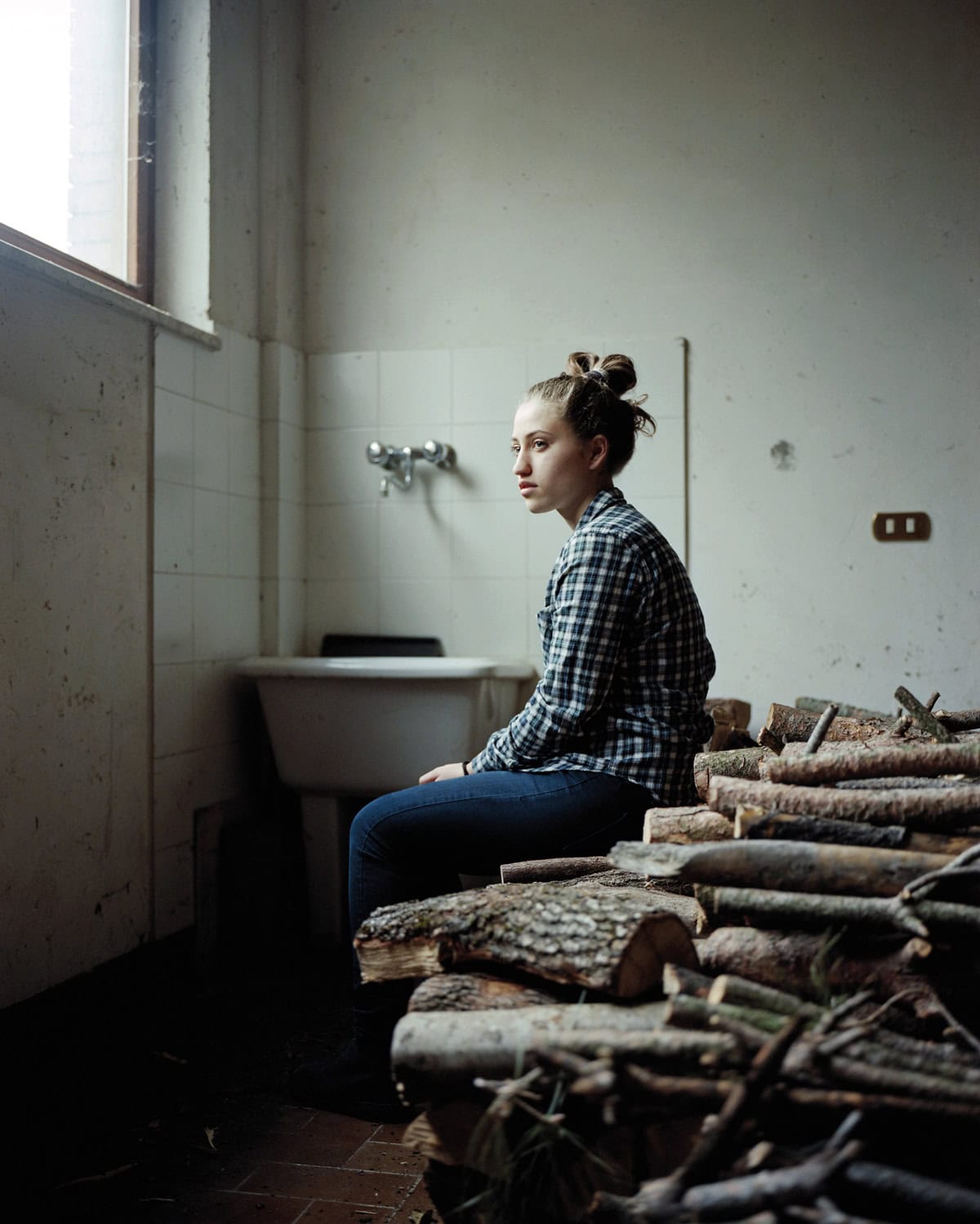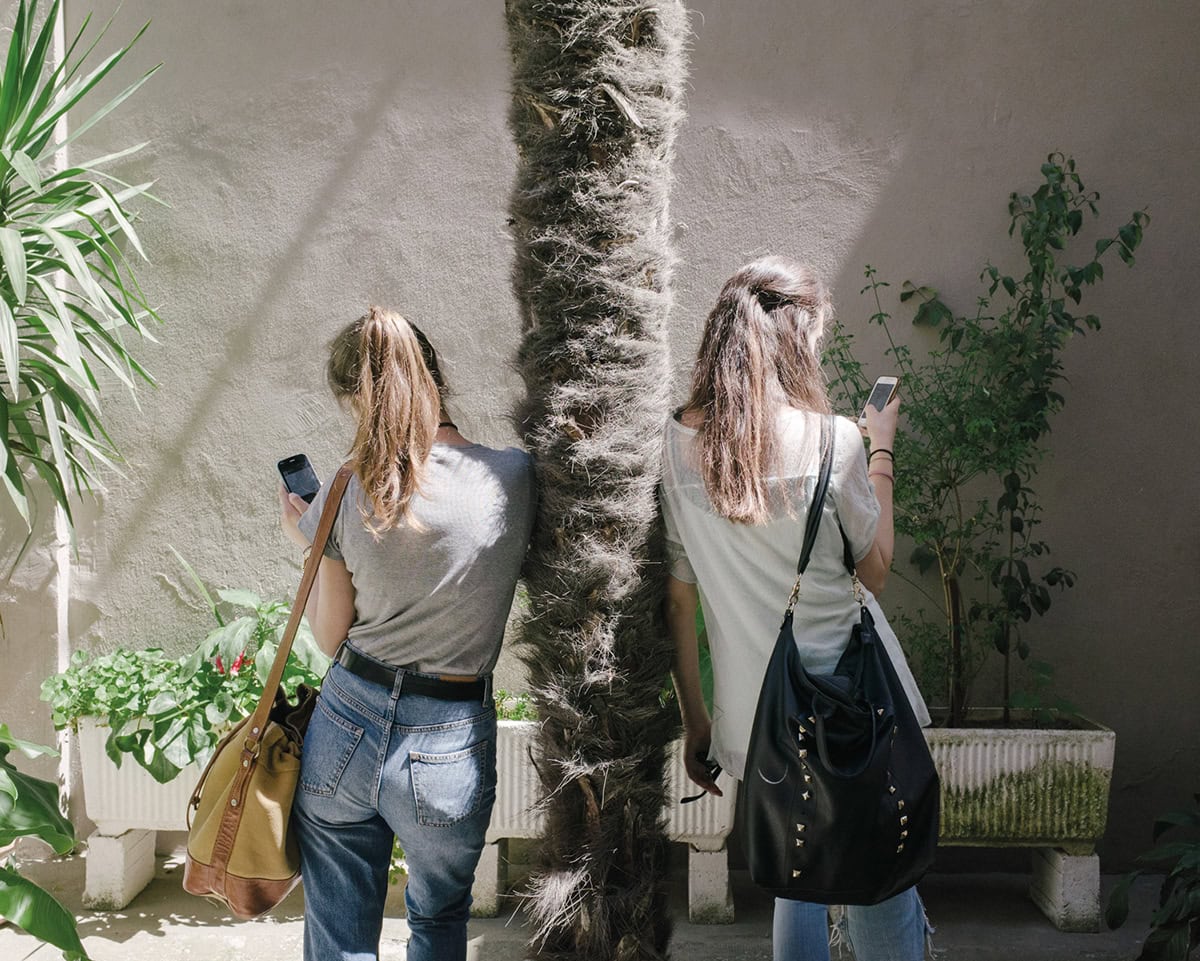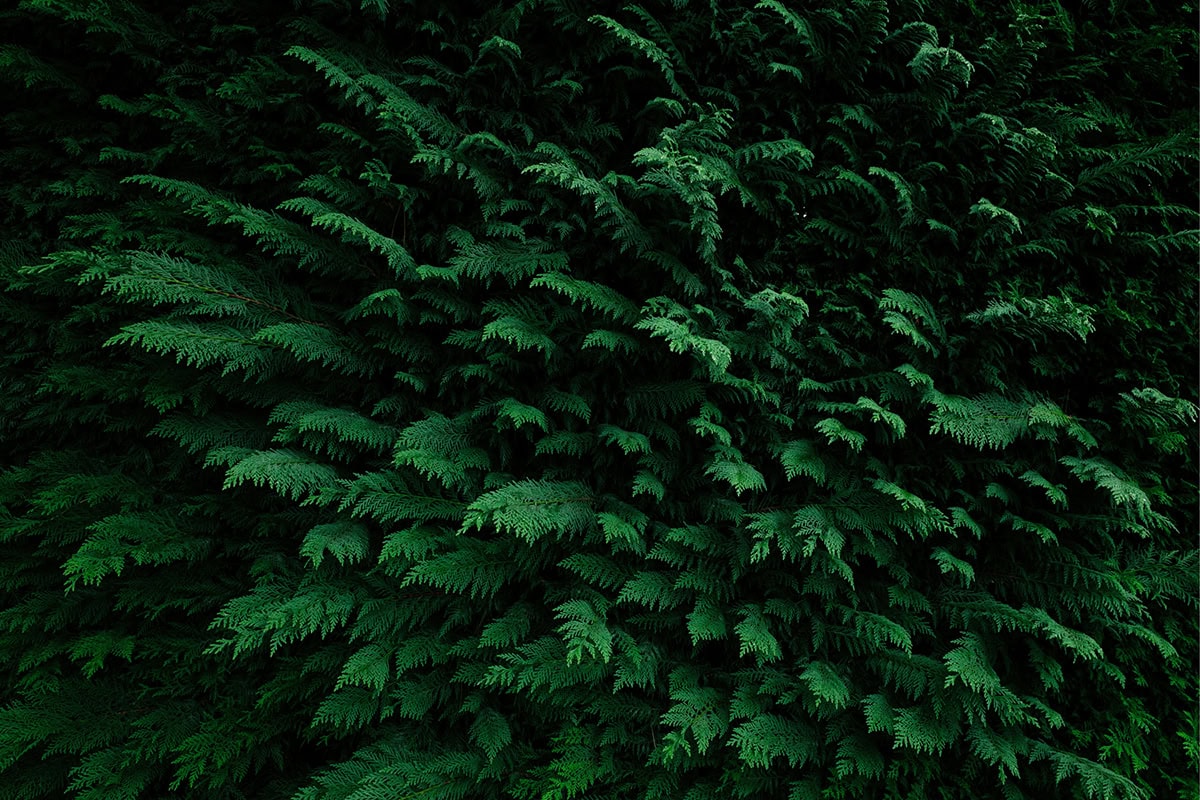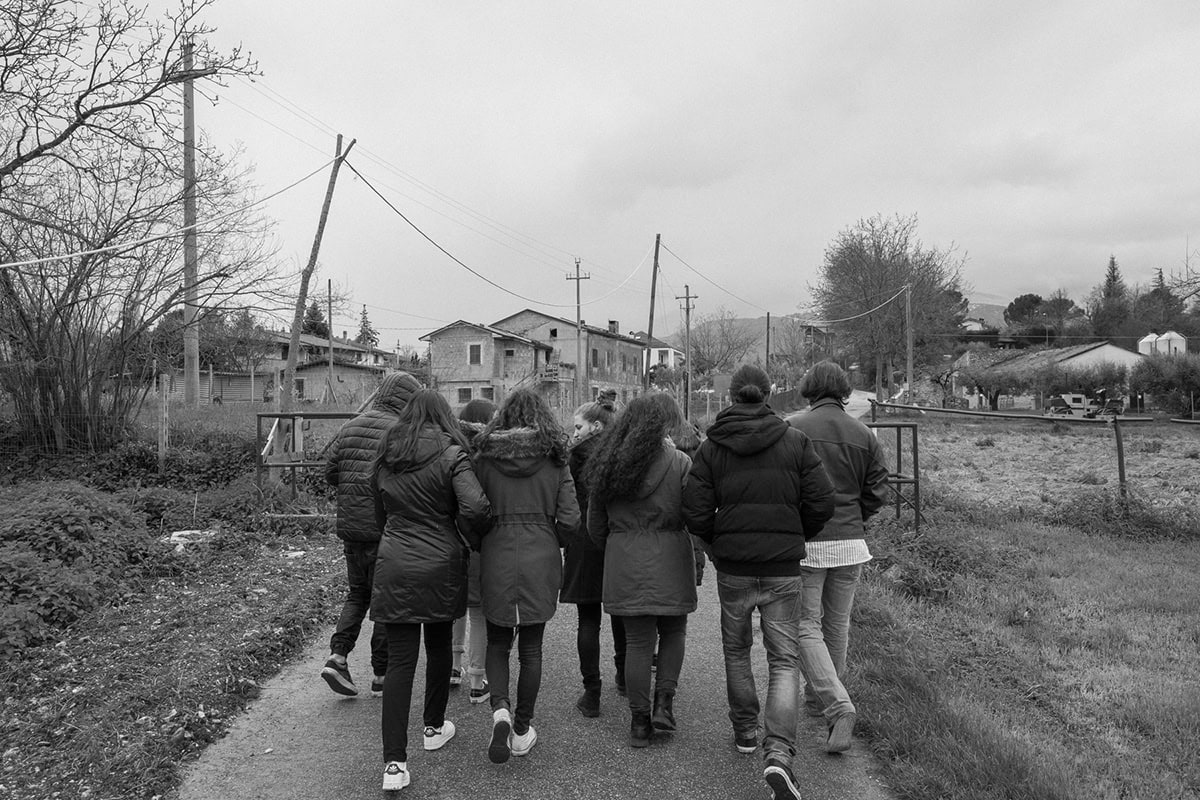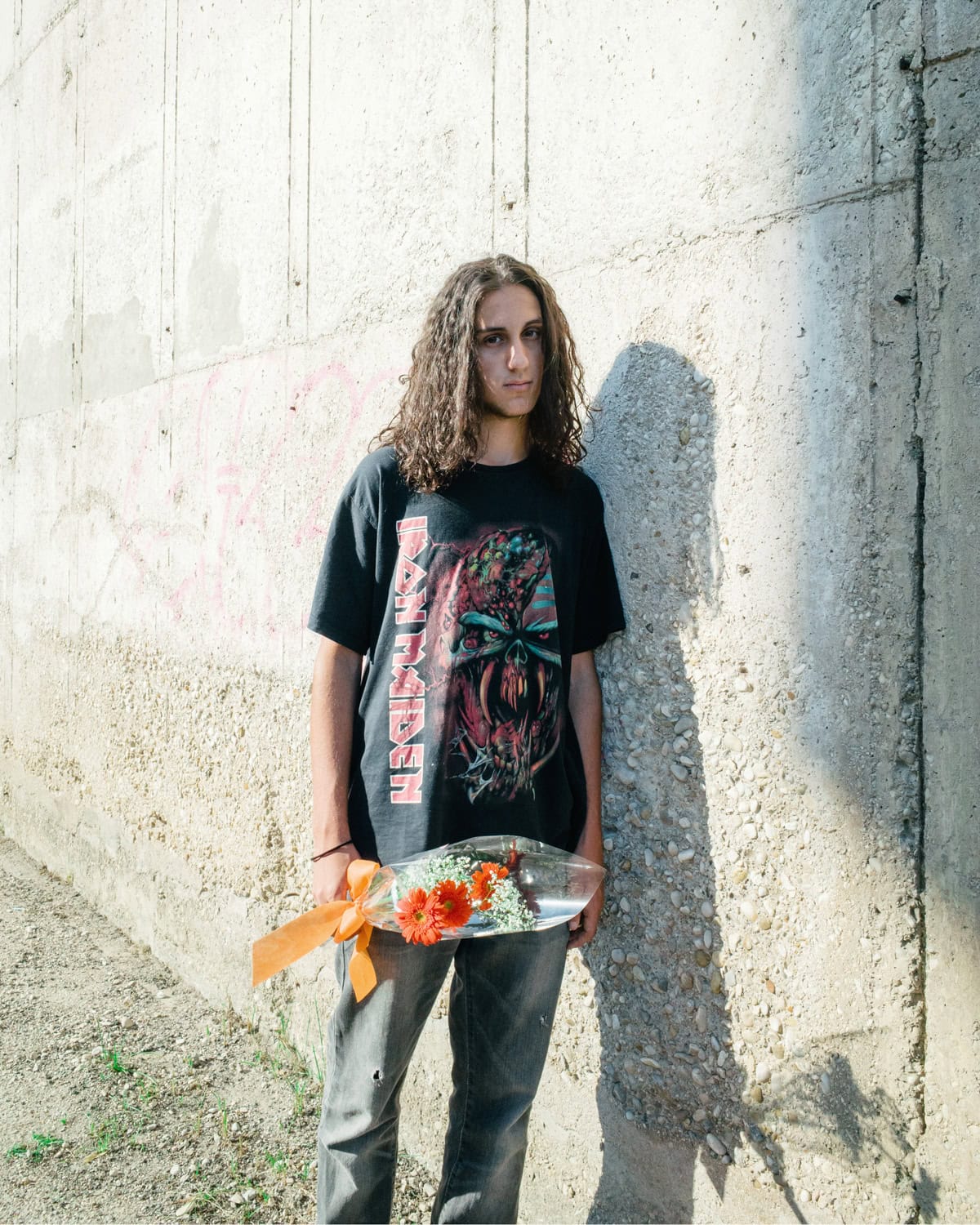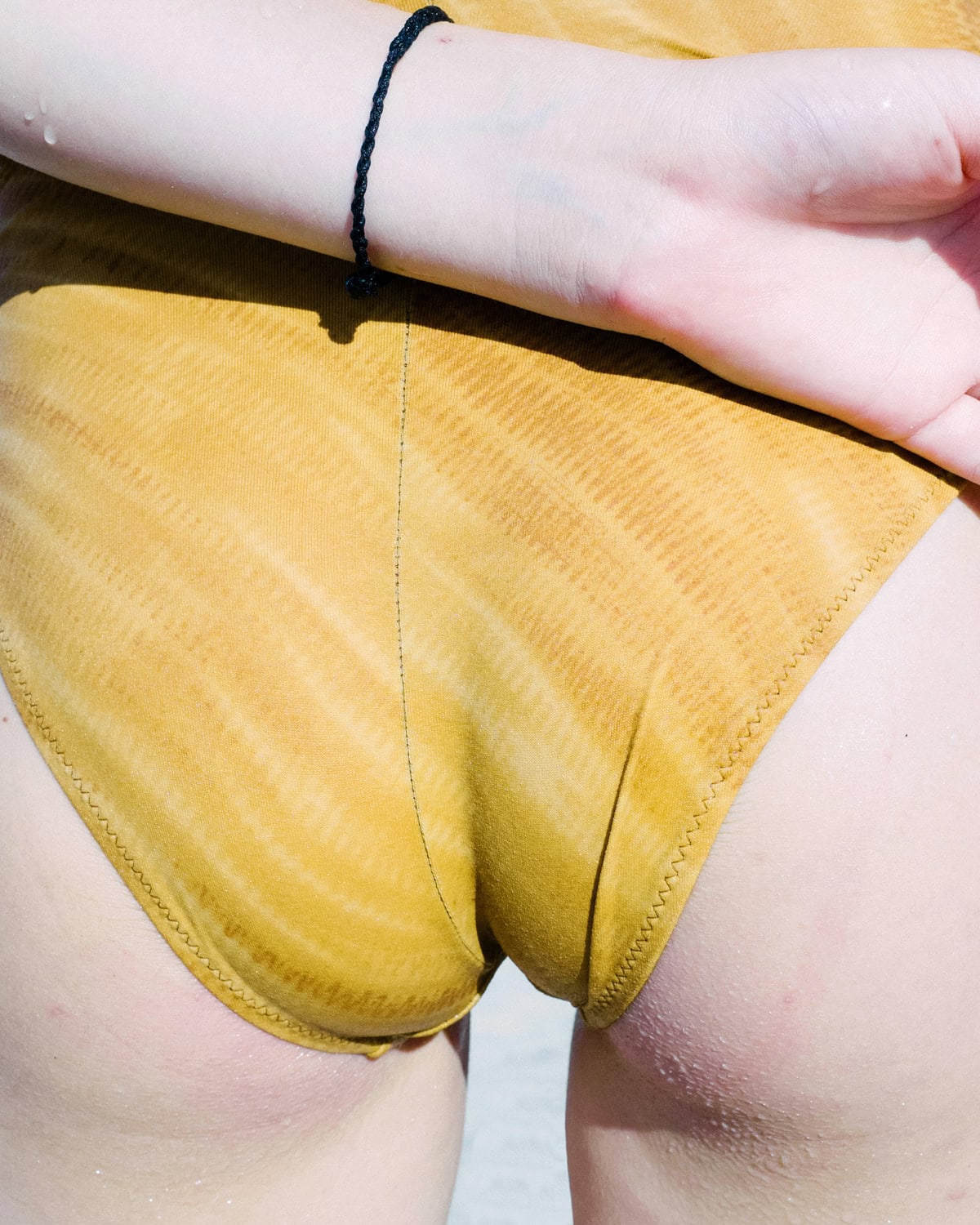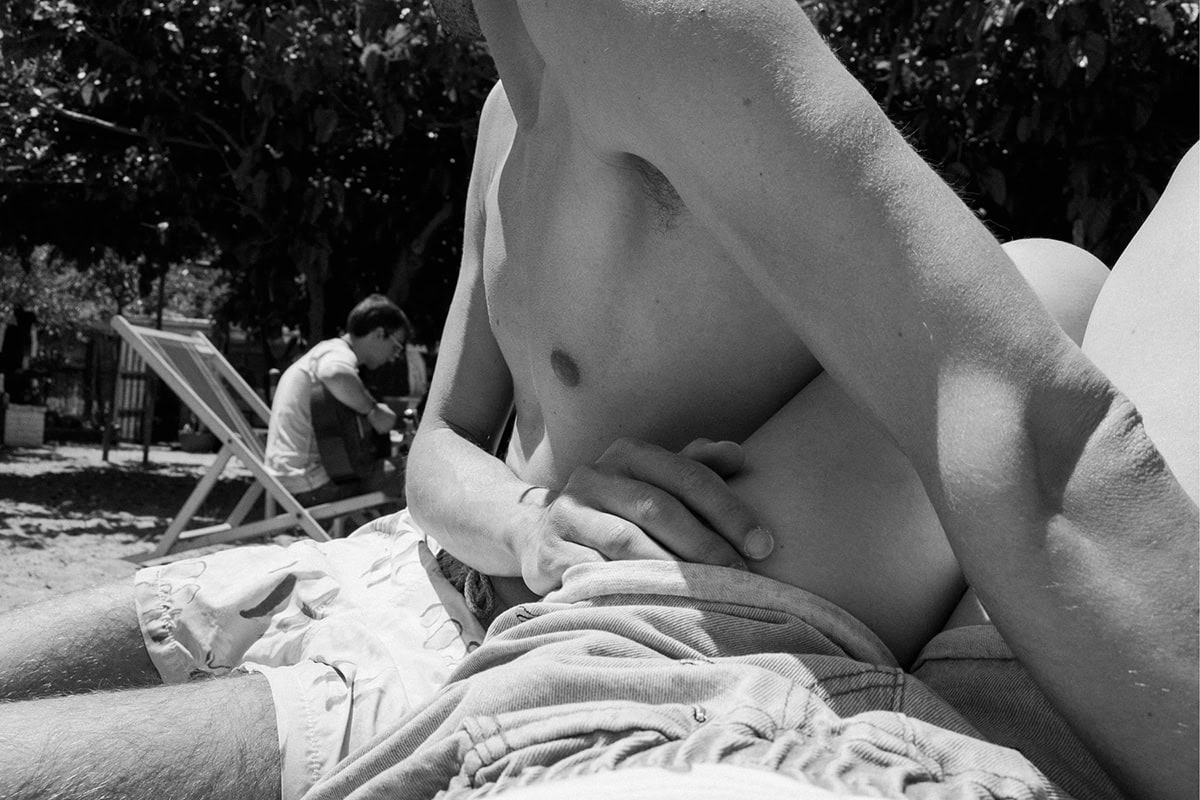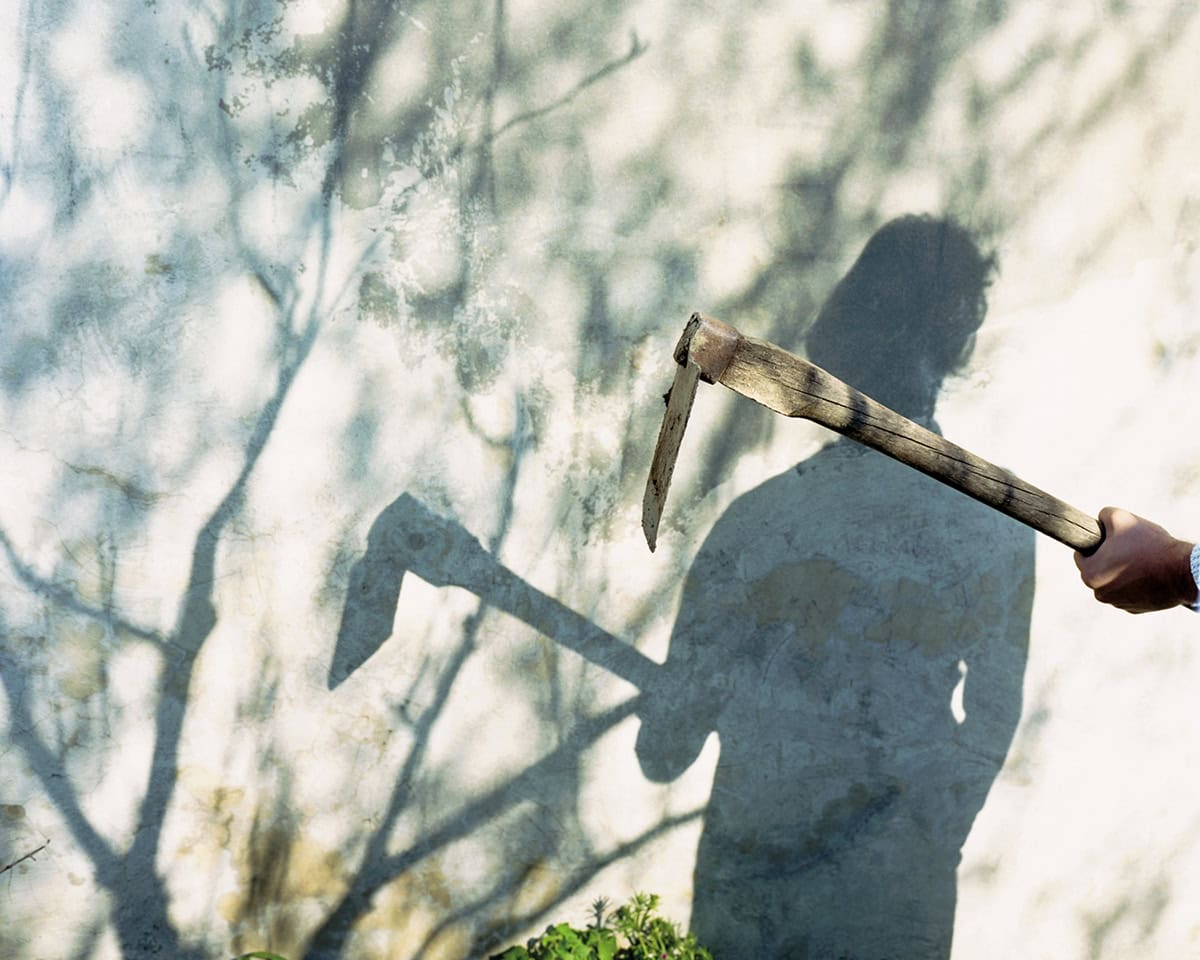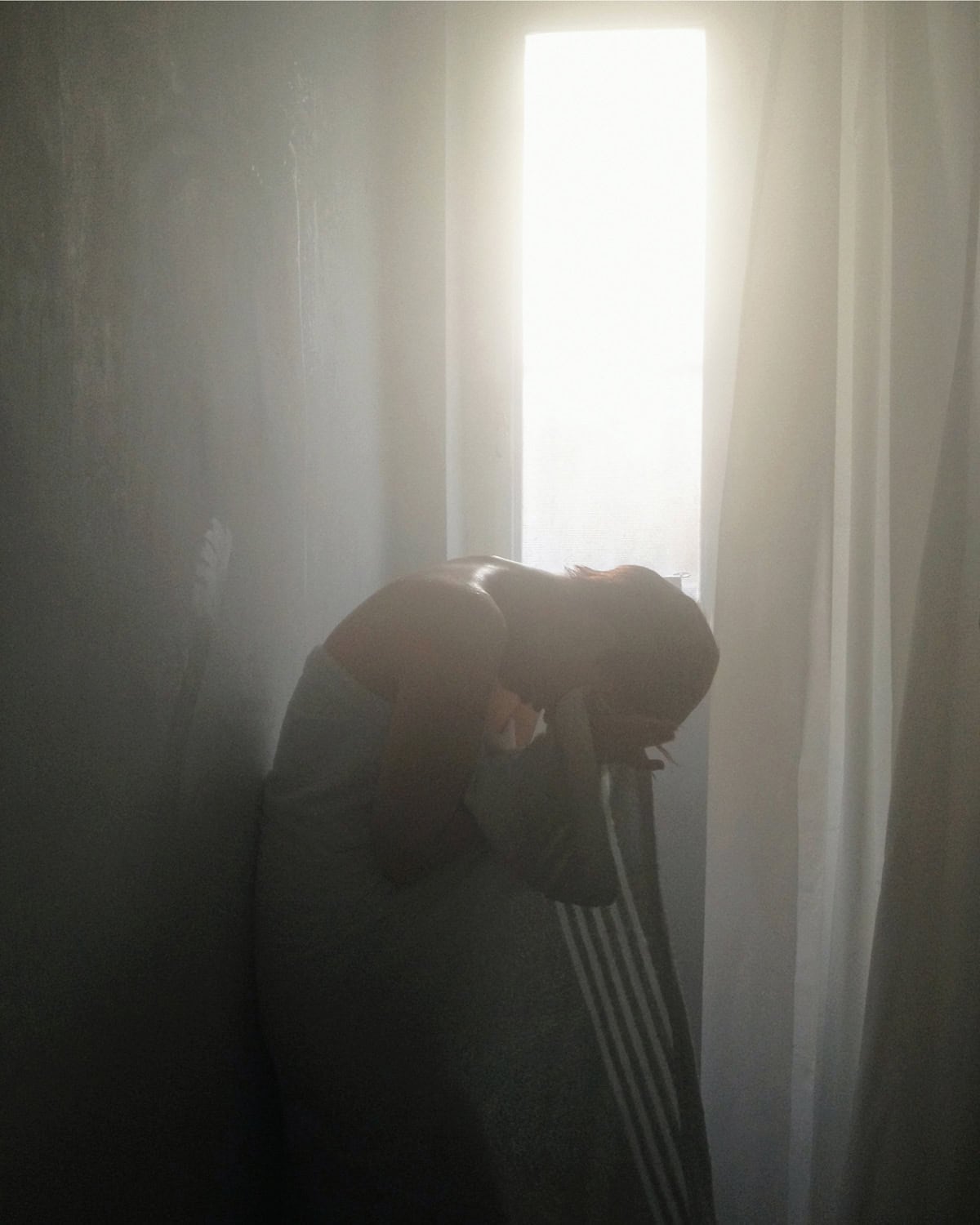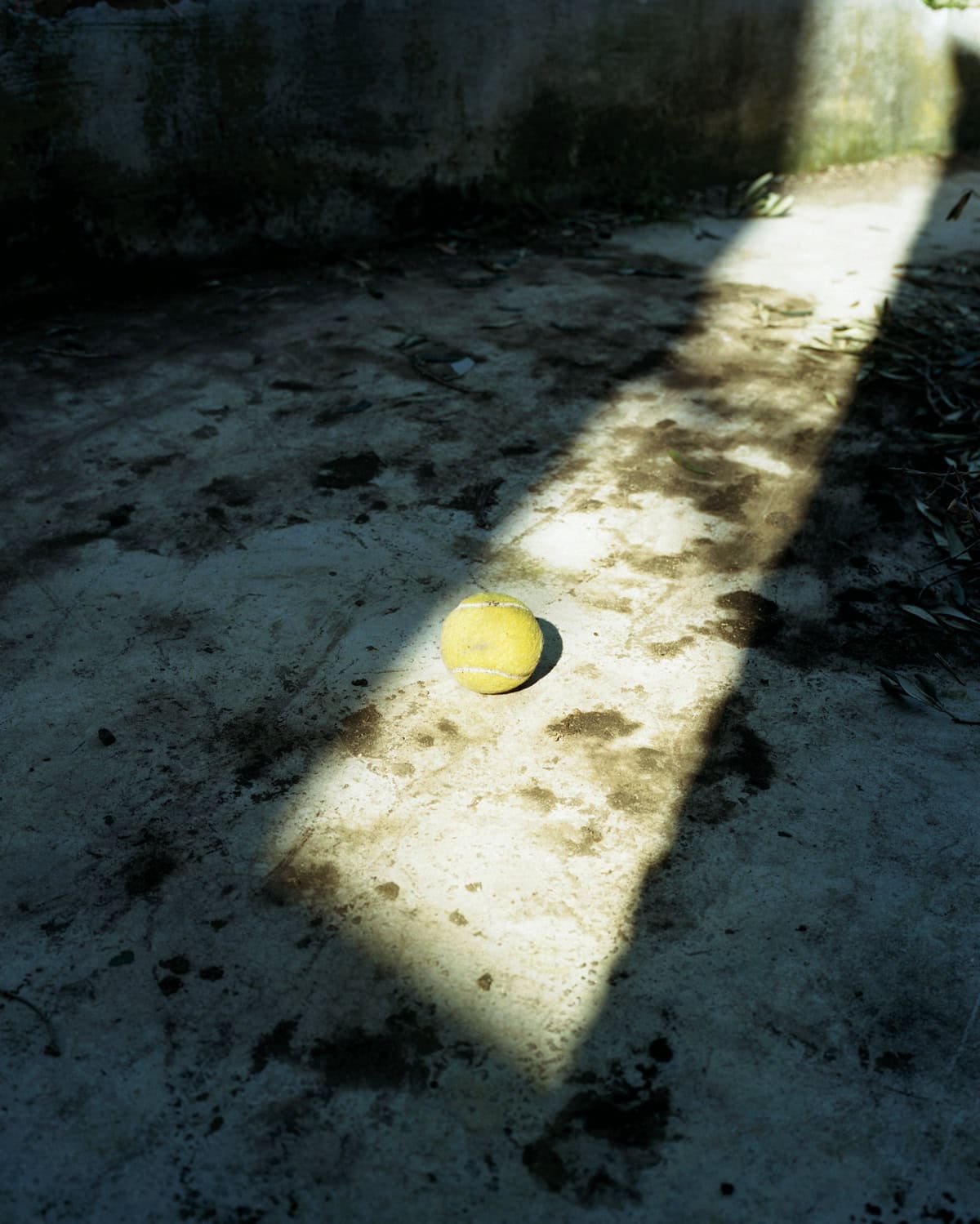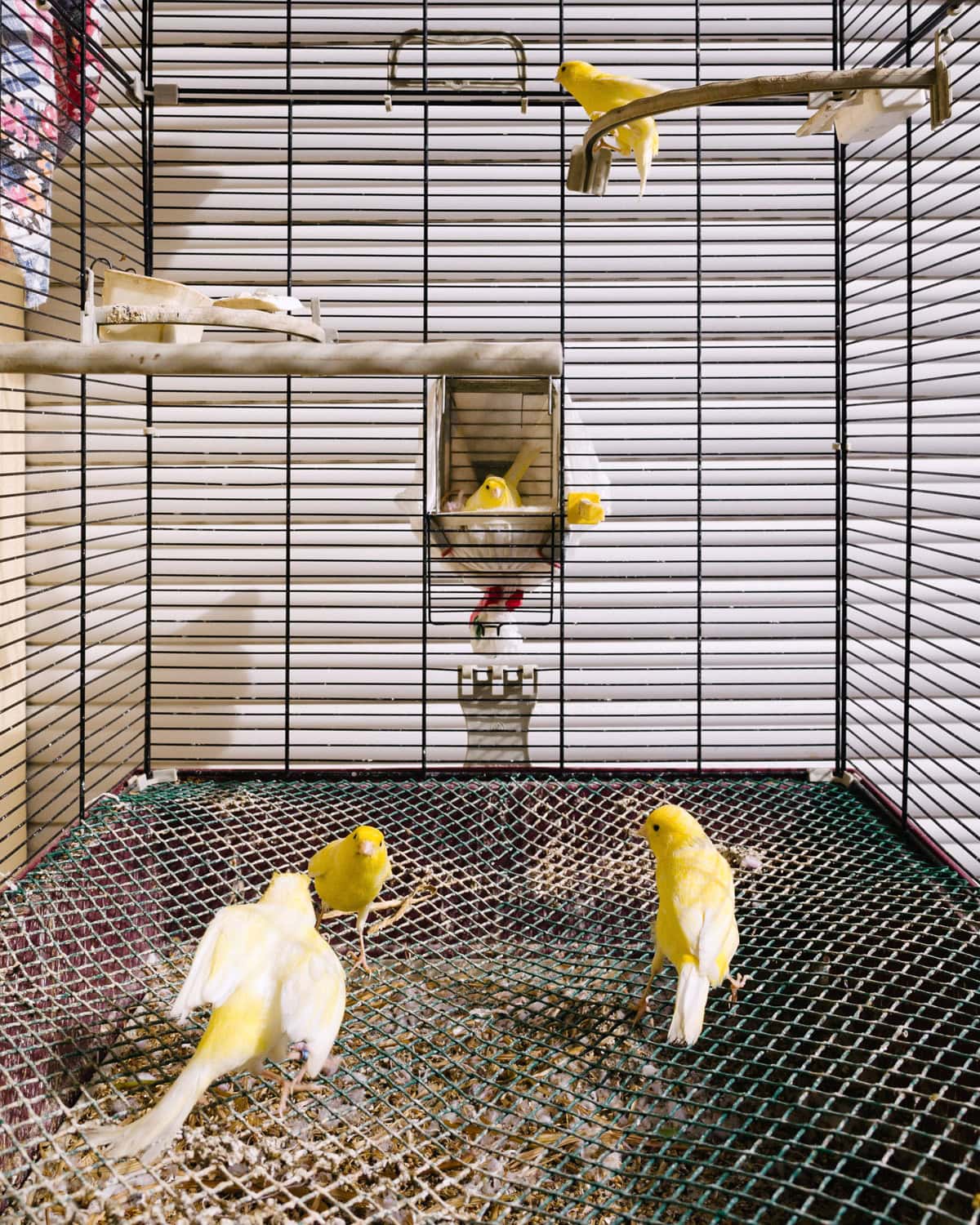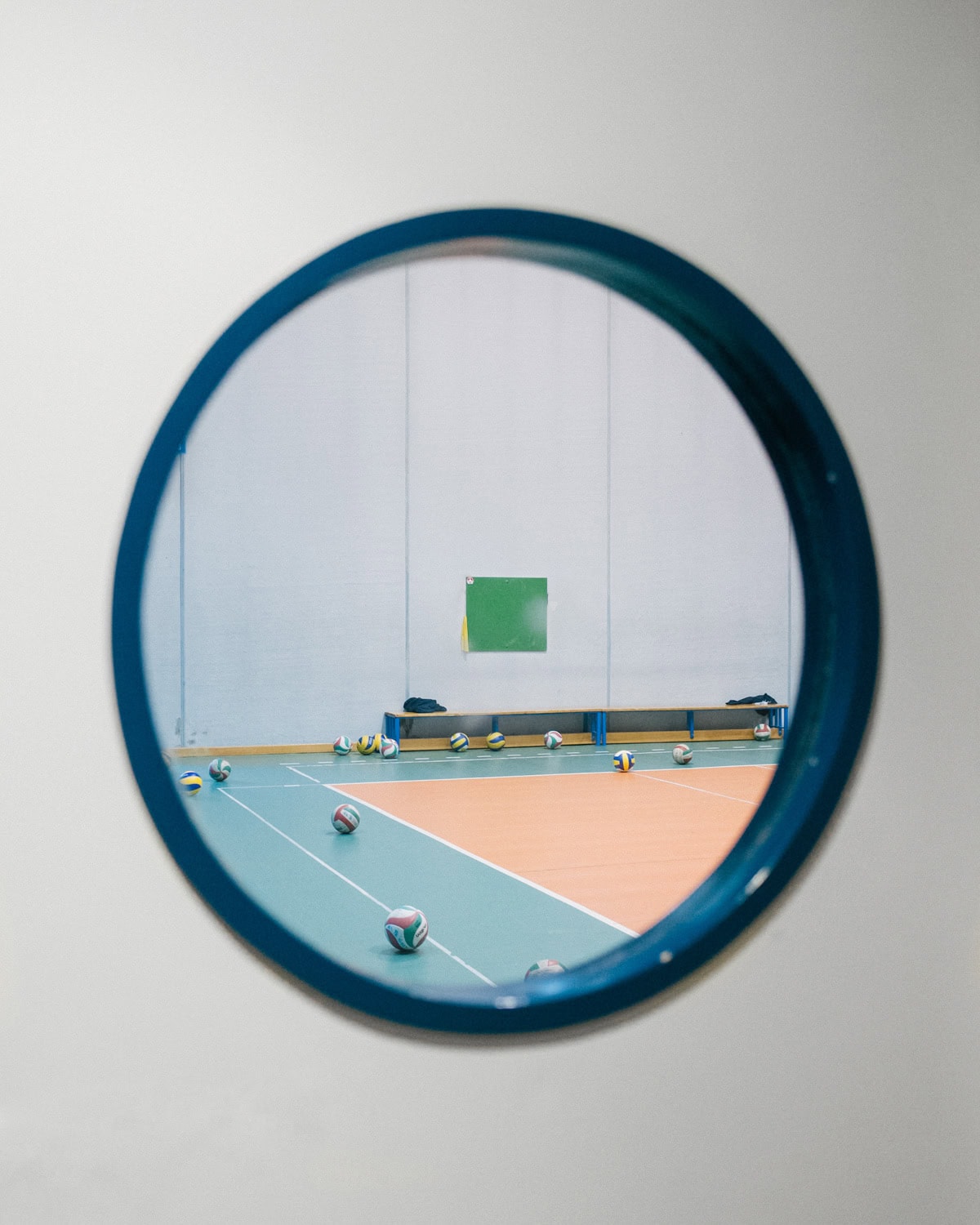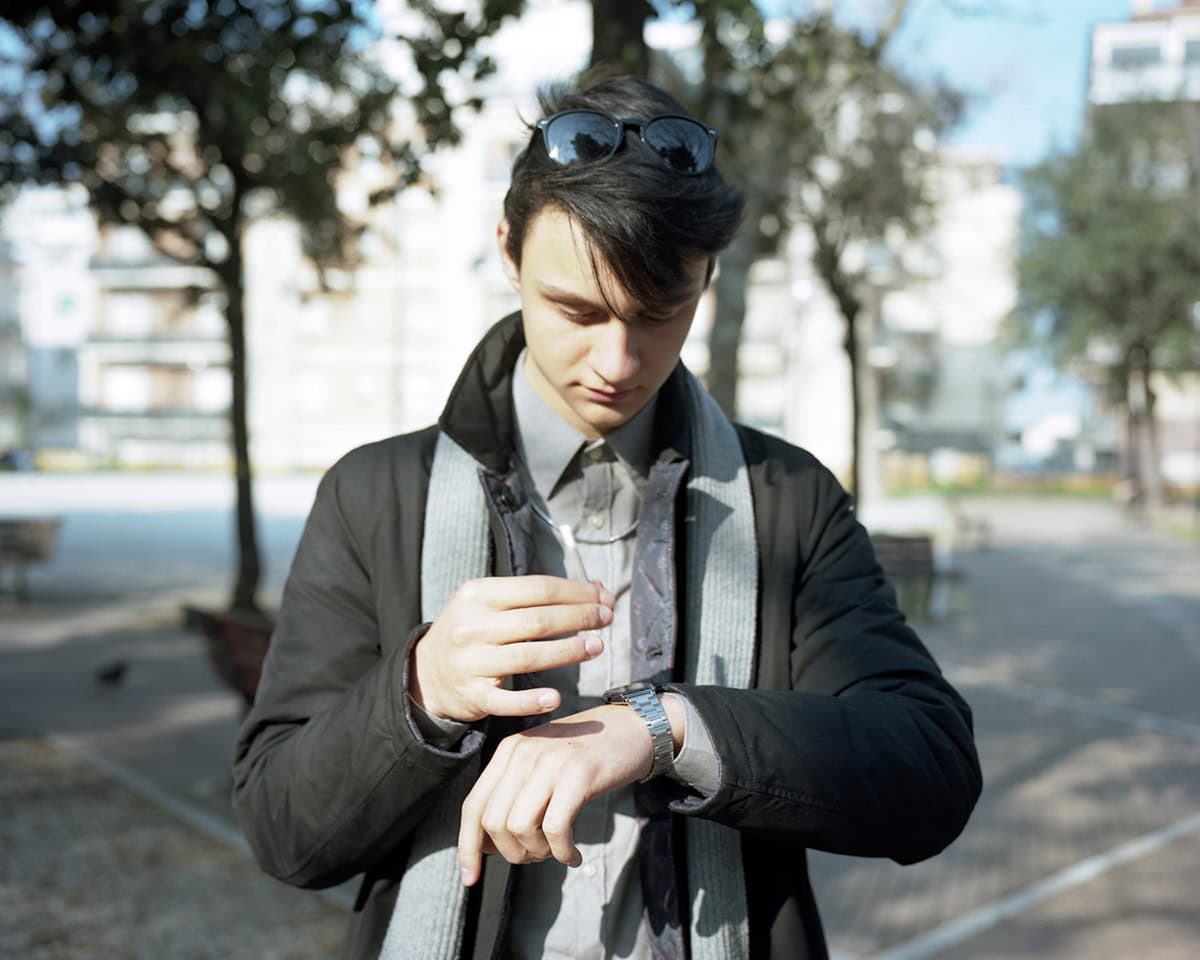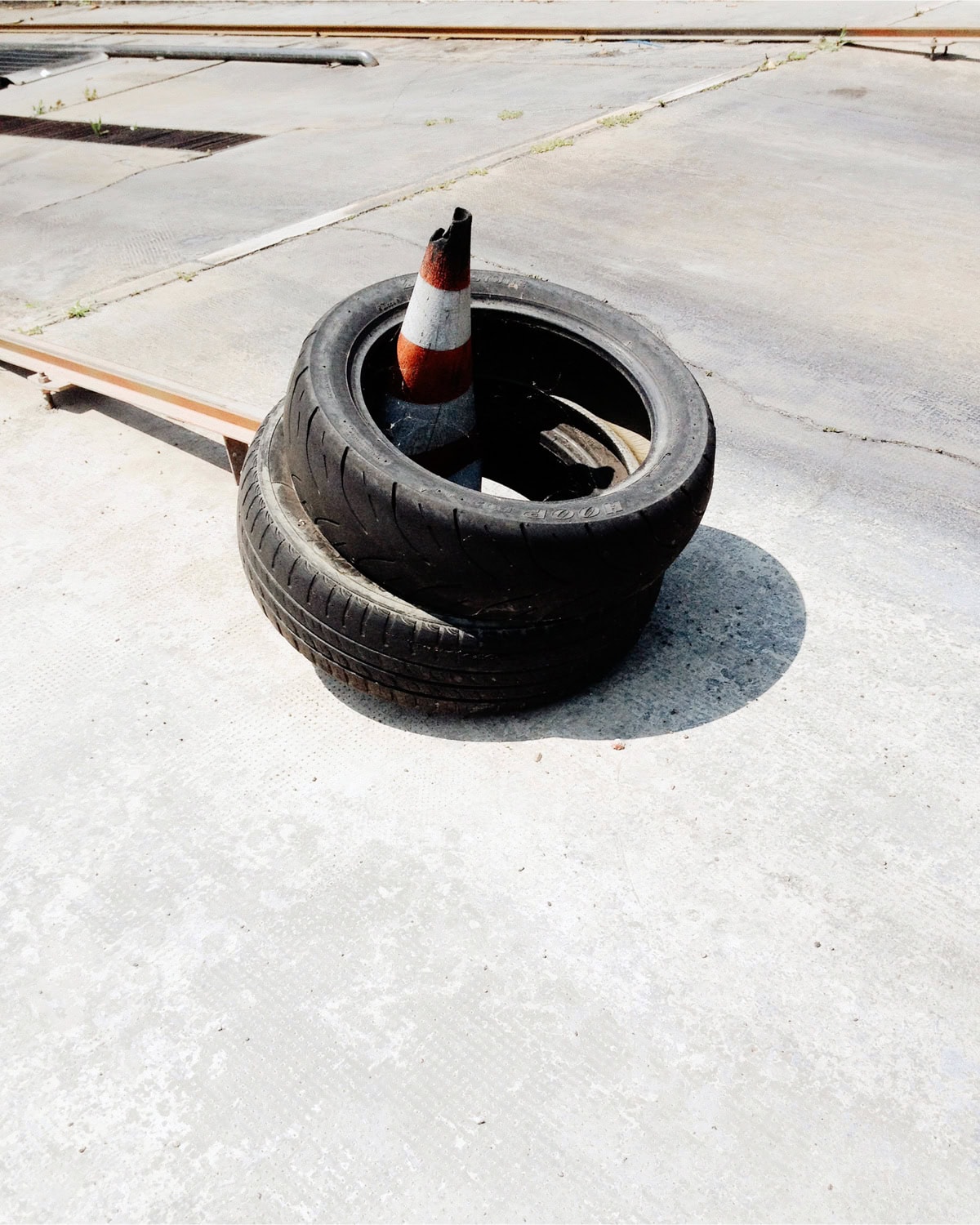Iacopo Pasqui is specializes in Fine Art photography and documentation, investigating the relationship between man-nature-landscape and social behavior. He often uses photography as a metaphor and instrument of criticism and observation of contemporary society, preferring medium and long term works.
He has won numerous awards and competitions including the “Leica Talent 24×36” (2011/2012), “OFF SITE ART” promoted by ArtBridge (2014), CONTEMPORARY VIEWS AND PLACES IN TRANSFORMATION – PHOTOGRAPHY RESIDENCES IN ITALY, promoted by MiBACT and GAI (2017). He is among the photographers included in the volume “History of Photography in Italy. From 1839 to today. “By G. D’Autilia (Einaudi, Turin 2012). He is the author of books and publications and has participated in numerous solo and group exhibitions, including, the most recent, “1999” at the MAXXI Museum in Rome (2017). He has participated in artistic residencies and lectured at the Universities of Perugia and Teramo.
About ‘1999‘:
Since February 2015 and for about a year, Iacopo Pasqui started hanging out with and taking pictures of a bunch of teenagers who were born in 1999. Motivated by curiosity towards contemporary social dynamics and by the need to photograph others, he finds in this bunch of young friends a suitable dimension for his work, given the proximity and the generation gap. In the beginning he starts dictated by the prejudice to find in the lives of Alessio, Chicca, Flavio, Francesco, Irene and Rebecca the reflection of the rotten and fallen contemporary society, but in time the author reconsiders his point of view, finding out in the kids’ lives a more ordinary nature that he had expected.
This work doesn’t aim at visually amazing his public, but it aims at being a research about the poetry and the purity of this age, about the innocence of these kids, and about their way to be, deep down, still children. It aims at revealing a reality that is complicated, but at the same time so normal to seems light years away from its surroundings.
from the book “1999”, Witty Kiwi, 2016.

